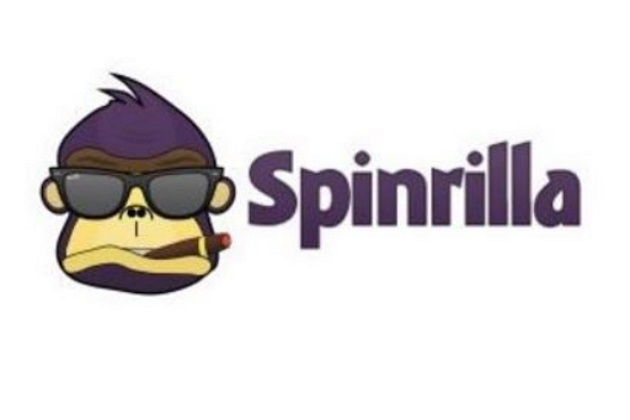The era of mixtape services being the go-to location for Hip Hop fans to download new music was essentially ended with the streaming takeover by Spotify, Apple Music, and YouTube. Even though sites like Datpiff, LiveMixtapes, MyMixtapez, and Spinrilla have lost the cultural relevance they once had, music corporations are still keeping an eye on what is being uploaded to those platforms.
In February 2017, the Recording Industry Association of America sued Spinrilla on behalf of Universal Music Group, Sony Music Entertainment, Warner Bros. Records, Atlantic Recording Corporation, and LaFace Records. The plaintiffs accused Spinrilla and its founder Jeffery Dylan Copeland of being liable for copyright infringement of their sound recordings.
The case centered around the RIAA accusing Spinrilla of allowing its users to stream and download content without properly licensing the material. Copyrighted recordings by major label artists such as Bruno Mars, The Weeknd, Missy Elliot, Common, and Ludacris were mentioned in the suit.
The RIAA reportedly identified 4,082 total works on Spinrilla – some of which were supposedly promoted, featured, and advertised directly by Copeland – that allegedly infringed the copyright owners. Copeland was also accused of instructing users to modify recordings in order to get past the Audible Magic digital filtering technology.
Spinrilla argued it is a venue where artists and deejays can promote their own work and should not be held liable for copyrighted content uploaded by those users. The defendants attempted to lean on the Digital Millennium Copyright Act’s “Safe Harbor” provision which shields online service providers from claims of copyright infringement if specific conditions are met.
United States District Judge Amy Totenberg for the Northern District of Georgia granted summary judgment in favor of the RIAA on the issue of liability. Totenberg rejected Spinrilla’s “Safe Harbor” defense because the company did not have the required repeat infringer policy or a designated U.S. Copyright Office agent to handle DMCA-related claims until after the lawsuit was filed.
Totenberg ruled, “Even if volitional conduct is required to prove direct infringement, the cases on which Plaintiffs rely have all held that the affirmative act of streaming constitutes direct infringement of the copyright holder’s exclusive right of performance regardless of the fact that the streaming occurs at the request of the user.”
Both parties may still have to go to court in order to deal with the Plaintiffs’ claim for damages from the ruling, but mediation could be an option. The RIAA and Spinrilla have until December 16 to decide whether to go to trial or settle the issues of damages in mediation with former discovery Special Master Carlos A. González.
Kenneth L. Doroshow, Chief Legal Officer of the Recording Industry Association of America, released a statement regarding the ruling in the Spinrilla infringement lawsuit. He stated:
We are gratified by the court’s decision, which sends a message that online streaming providers cannot hide behind the actions of their users to avoid their own liability for copyright infringement that occurs through their systems. The decision also reaffirms that merely characterizing unauthorized copies of sound recordings as ‘mixtapes’ does not make them any less infringing than any other unauthorized uses of copyrighted works. The court got it exactly right on several key points of copyright law in the digital streaming context, and we hope that it serves as a lodestar for other courts and service providers alike
